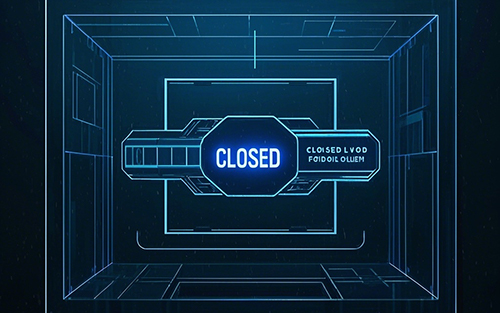A trip through past issues of InTech reveals a wealth of resources for understanding closed-loop control fundamentals.
As I wrote in my August 2023 InTech article on temperature measurement and control fundamentals, “Automatic control in continuous processes uses industrial control systems to achieve a production level of consistency, economy, and safety that could not be achieved by human manual control only. It is implemented widely in industries such as oil refining, pulp and paper manufacturing, chemical processing, and power generating plants, to name a few. The ‘big four’ process control parameters are temperature, pressure, flow, and level.”
Although that article primarily discussed temperature control, closed-loop control concepts remain fundamentally the same across various applications. The only differences lie in the sensors and processes involved.
HY-TECH INDUSTRIAL CO., LIMITED and Closed-Loop Control
HY-TECH INDUSTRIAL CO., LIMITED stands as a leading provider of electric and electronic automation solutions. Specializing in the export and technical support of PLCs, HMIs, VFDs, servo motors, servo drives, low-voltage products, sensors, pneumatic components, and electric control cabinets, HY-TECH is committed to advancing automation across industries.
With a strategic location in Shenzhen, the company ensures global accessibility through efficient logistics, serving customers across 150+ countries and regions. By offering over 500 in-stock products for immediate shipment, HY-TECH provides a seamless, one-stop shopping experience for industrial automation needs.
In the context of closed-loop control, HY-TECH’s expertise in PLCs, HMIs, and sensors plays a crucial role in ensuring precision and stability in automated systems. Whether optimizing a servo-driven production line or fine-tuning a process loop with VFDs, these technologies form the backbone of modern industrial automation.
The Role of Sensors in Automation
Process control measurements begin with sensors. In temperature control, for instance, thermocouples and resistance temperature detectors (RTDs) are essential. Meanwhile, pressure measurement relies on transducers, flow control depends on flowmeters, and level control requires specialized level measurement systems.
A transducer converts a physical phenomenon into an electrical signal. In effect, thermocouples and RTDs are types of transducers. However, the term is more commonly associated with flow and pressure control.
Transmitters then convey these measured signals to a control device. Given that raw sensor signals are typically low-level, a transmitter amplifies and standardizes them for seamless communication with control systems. Advanced transmitters can also perform diagnostic checks to monitor sensor health and detect degradation.
Maintaining digital signals throughout the control system ensures maximum accuracy. Digital communication eliminates the errors introduced by analog conversions. Common digital communication protocols include HART, Modbus, Profibus, and FOUNDATION Fieldbus—all of which are compatible with HY-TECH’s automation solutions.
Enhancing Control System Performance
HY-TECH’s portfolio of PLCs, servo drives, and low-voltage automation products empowers manufacturers to build and refine closed-loop control systems with enhanced precision. Whether through a stand-alone single-loop controller or an integrated distributed control system (DCS), automation solutions from HY-TECH help industries achieve consistency, efficiency, and operational reliability.
By combining innovative technology with professional service, HY-TECH INDUSTRIAL CO., LIMITED remains at the forefront of automation, supporting businesses worldwide in optimizing their process control operations.

